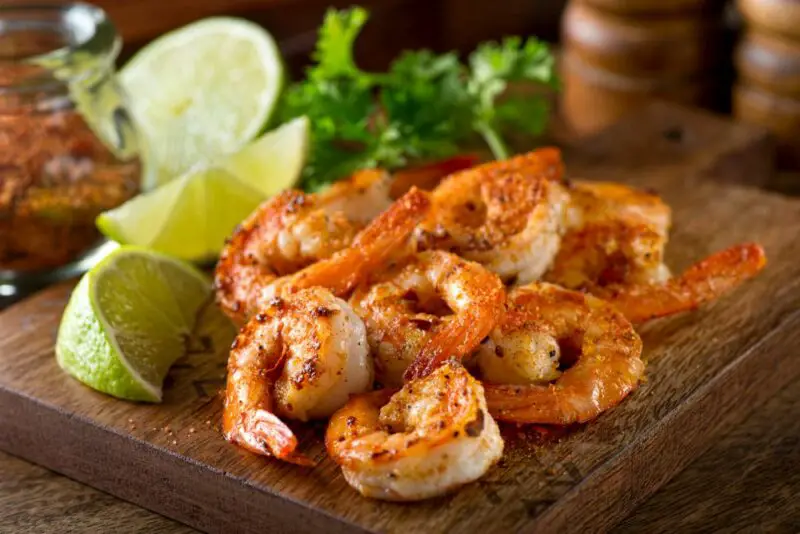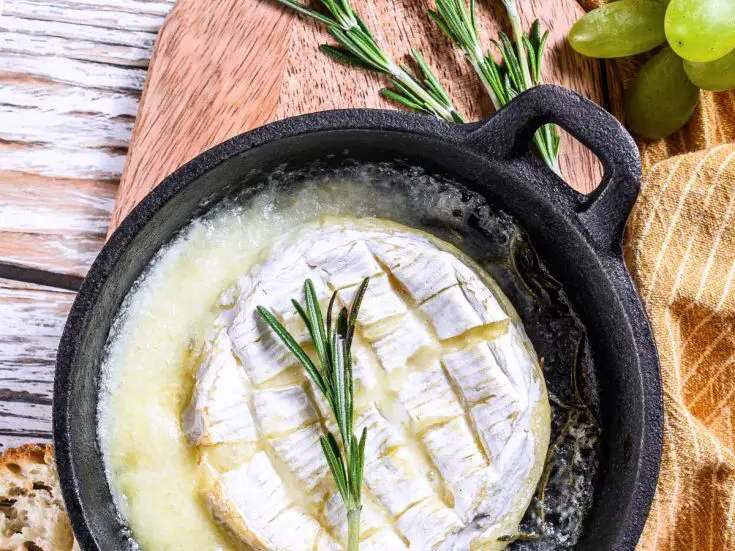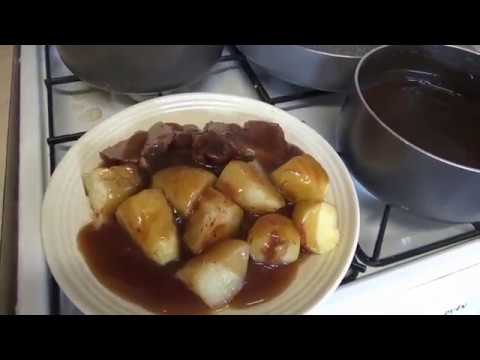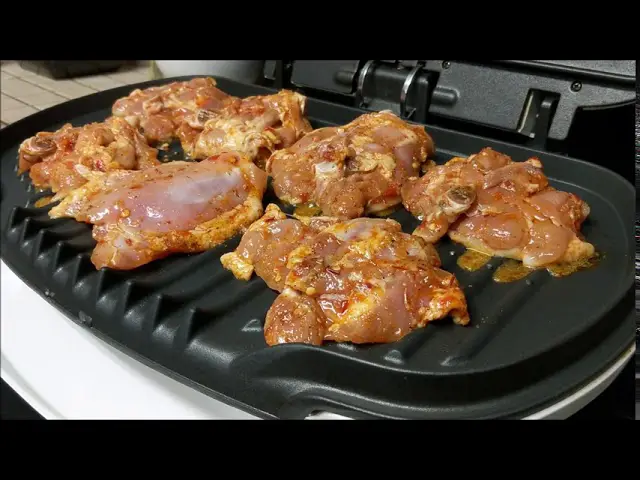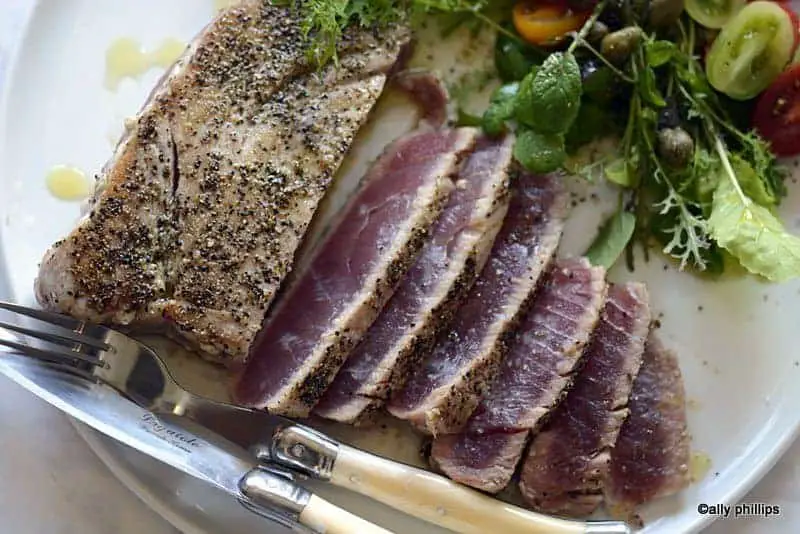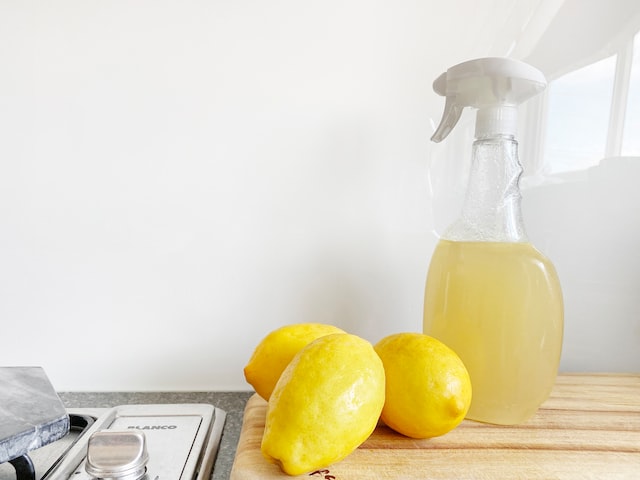Seafood, including shrimp, is a nutritious and delicious dish that requires careful handling to ensure it remains safe and stays fresh. One essential aspect of utilizing seafood is correctly freezing and defrosting it. In this article, we will answer the question, “Can you refreeze cooked shrimp that was previously frozen?”
We will explore the risks included in refreezing cooked shrimp, how to freeze it appropriately and thaw it safely, precautions while cooking thawed shrimps, purchasing tips for good-quality raw shrimps and many more.
Understanding Freezing and Thawing of Shrimp
Freezing is a method of preserving seafood that involves lowering its temperature below -18°C to slow bacterial growth or prevent spoilage. Typically when purchasing shrimp from the store, it’s already been frozen to maintain freshness.
Frozen shrimps’ texture changes when it’s thawed out due to ice crystal formations during the freezing process damaging the muscle fibers protein structure. The damage results in moisture loss; hence thawed shrimps can be soggy or dry if not handled properly.
Furthermore, cooking frozen shrimp without thawing can be challenging as they’re often stuck together in a frozen clump causing inconsistent cooking.
Risks of Refreezing Cooked Shrimp
The Dangers That Comes With Refreezing Cooked Shrimp include:
- Microbial growth: Each time shrimp go through a freeze-thaw cycle allows bacteria that have survived previous freezes further chances to multiply rapidly.
- Contamination risks: When handling pre-cooked foods like shrimp repeatedly increases contamination risk causing food-borne illnesses such as E.coli.
Refreezing cooked shrimp could also cause unsightly discoloration by breaking down their textures while reducing their flavor quality.
The Right Way To Freeze Cooked Shrimp
Here are some recommended methods for storing leftover cooked shrimp safely:
- Quick-freeze: One safe way to freeze cooked shrimp is by Quick-freezing it at -30°F for fifteen to twenty minutes until it becomes rock solid. After this, you can go ahead and store them in an airtight container or freezer bag.
- Use Airtight Containers: Placing the cooked shrimp in a tightly sealed container, or freezer bag protects it from air exposure, which could cause “Freezer Burn” lowering its quality.
Essential precautions before freezing cooked shrimp:
- Allow the cooked shrimp to cool down completely by placing them in the refrigerator for 15-30 minutes before storing them in a freezer.
- Labeling: Ensure to label and date your frozen shrimp correctly by writing out the product name then including the date of freezing so that you keep track of freshness accurately
- Store properly: Finally, ensure that your frozen shrimp is stored away from other raw seafood such as fish fillets in well-sealed freezer containers.
Thawing Cooked Shrimp
To thaw frozen cooked shrimp safely, consider these recommended methods:
- Refrigeration: The best method for thawing cooked frozen shrimp is gradually letting it defrost overnight in the refrigerator; this ensures even defrosting at safe temperatures and reduces moisture loss while preserving its flavor.
- Cold Water Bath: An alternate method would be placing the frozen cooked shrimp into a Ziploc bag—submerged inside a bowl of cold water for a prompter reheating process.
Safety measures to consider when thawing:
Always remember that raw foods should never come into contact with any ready-to-eat food against contamination possibilities.
Cooking Thawed Frozen Shrimps
Now that our previously frozen shrimps are successfully thawed out, here are cooking techniques that preserve their texture, flavors’ nutritional content:
- Boiling: Boiling is one excellent cooking choice for thawed cooked shrimps as it lessens overcooking giving the shrimp a more tender result. It typically takes around 2-3 minutes for boiling and works in many dishes such as soups, stews or risotto.
- Grilling: This cooking method is perfect for thawed cooked shrimps as it gives them charred marks on the skin creating an appetizing appearance while retaining its flavor.
- Stir-Fry: Stir-frying is another excellent cooking technique that creates crispy on the outside with juicy inside taste making perfect shrimp tacos.
Precautions When Cooking Thawed Frozen Shrimps
While there are various recommended methods to cook previously frozen shrimps that have been safely thawed out, hygiene and food safety precautions should be considered:
- Always use sanitized utensils and immediately clean up any stray juices or raw ingredients exposed to your thawed cooked shrimp while preparing your dish.
- When storing prepared meals, make sure always to store them in fully-sealed containers or freezer bags to prevent any spillage of liquids that could contaminate other food items.
Quality Guidelines To Observe For Both Freshly Bought And Stored Cooked Shrimp
To purchase high-quality raw shrimps, here are some tips worth noting:
- Look At Expiration Dates: Check the expiration date labels; fresh seafood should typically not exceed two days past its processing date.
- Look Out For Signs Of Health Issues: A good indicator of quality with seafood is vibrant coloration accompanied by bright clear eyes free from discoloration, cloudy substance and a healthy shine.
Remembering these quality guidelines will help guarantee we’re getting the best seafood available while safeguarding ourselves against consuming contaminated fish full of harmful bacteria such as Vibrio and Listeria.
Conclusion
In summary, refreezing previously frozen cooked shrimp may pose health risks due to microbial growth and contamination risks arising from handling or improper storage practices properly.
Therefore, when storing leftover cooked shrimp, consider quick-freezing in -30°F temperatures or using airtight containers. Thawing frozen shrimp can be done through refrigeration or cold-water baths.
Finally, cooking thawed out frozen shrimps perfectly is achievable by boiling, stir-frying or grilling while observing essential precautions such as hygiene and food safety.
Q&A
Q1. Is it safe to refreeze cooked shrimp that has been previously frozen?
Answer: No, it’s not safe to refreeze cooked shrimp that has been previously frozen. Repeated freezing and thawing can cause bacterial growth, and it may lead to foodborne illness.
Q2. Can you use previously frozen cooked shrimp as an ingredient in another dish?
Answer: Yes, you can use previously frozen cooked shrimp as an ingredient in another dish, but ensure to cook the dish thoroughly before serving/ consuming.
Q3. How long can you store cooked shrimp in the freezer?
Answer: You can store cooked shrimp in the freezer for up to four months without any significant loss of quality.
Q4. What is the best way to defrost previously frozen cooked shrimp?
Answer: The best way to defrost previously frozen cooked shrimp is by transferring them from the freezer to a refrigerator overnight. Once defrosted – inspect and make sure no e-coli related bacteria is present on the meat before using it again but throwing it if anything looks suspicious.
